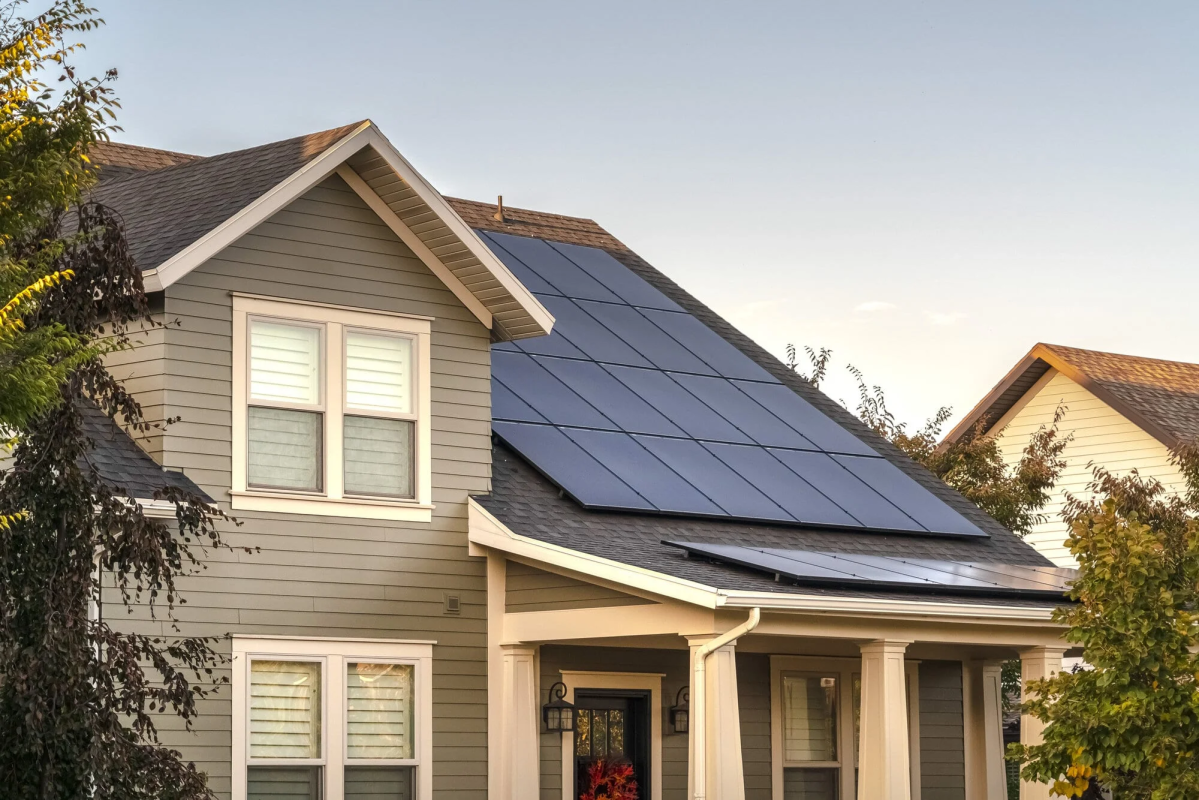Going Off-Grid: The Advantages of Solar Panels in Remote Locations
In remote locations where access to traditional power sources is limited or non-existent, solar panels can provide a reliable source of electricity. Whether it’s for a cabin in the woods, a remote research station, or a rural community, solar panels offer many advantages for those seeking to live or work off the grid.
Advantages of Solar Panels in Remote Locations
One of the main advantages of solar panels in remote locations is their reliability. Solar panels are not dependent on the grid and can generate electricity even in areas with limited or no access to traditional power sources. This makes them an ideal choice for those living or working in remote locations where power outages are common.

Solar panels are also a sustainable and environmentally friendly option for off-grid locations. Unlike traditional power sources such as fossil fuels, solar panels do not produce greenhouse gas emissions or other harmful pollutants. This makes them an excellent choice for those seeking to reduce their carbon footprint and minimize their impact on the environment.
In addition to being environmentally friendly, solar panels can also provide cost savings in remote locations. While the initial investment in solar panels may be higher than traditional power sources, the long-term savings can be significant. With no monthly energy bills and minimal maintenance costs, solar panels can provide a cost-effective source of electricity for many years.

Challenges of Using Solar Panels in Remote Locations
While solar panels offer many advantages for those living or working in remote locations, there are also some challenges to consider. One of the main challenges is the variability of sunlight. In areas with low levels of sunlight or during cloudy weather, solar panels may not generate sufficient electricity to meet the needs of the location. However, with proper planning and equipment, it is possible to overcome these challenges and ensure a reliable source of electricity.
Another challenge of using solar panels in remote locations is the initial investment required for installation. The cost of solar panels and associated equipment can be higher than traditional power sources, making it a significant investment for those living or working off the grid. However, as mentioned earlier, the long-term cost savings can make this investment worthwhile.
Integrating Solar Panels into Remote Locations
Despite the challenges, there are many ways in which solar panels can be integrated into remote locations. For example, solar panels can be installed on rooftops, in open fields, or even on portable trailers that can be moved to different locations as needed. In addition, batteries can be used to store excess energy generated by solar panels, ensuring a reliable source of electricity even during periods of low sunlight.
Governments and non-profit organizations can also play a role in promoting the use of solar panels in remote locations. They can provide funding or incentives for individuals and communities to invest in solar panel systems, or invest in large-scale solar projects to provide power for entire regions.

Conclusion
Solar panels offer many advantages for those living or working in remote locations, providing a reliable, sustainable, and cost-effective source of electricity. While there are challenges to consider, advances in technology are making solar panels increasingly efficient and versatile, making them an attractive option for those seeking to live or work off the grid. By harnessing the power of the sun, we can create a more sustainable future for remote communities and protect the environment for generations to come.
For more information about solar panels, please leave your contact information
